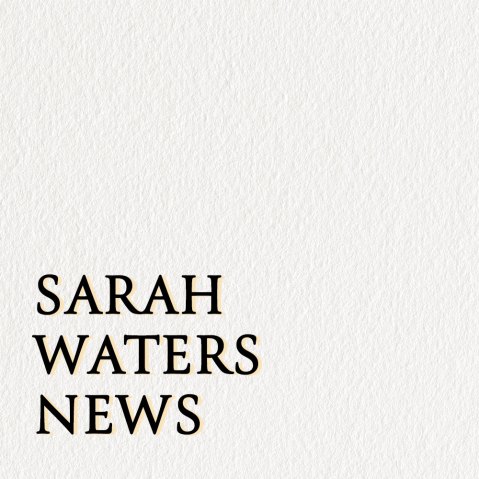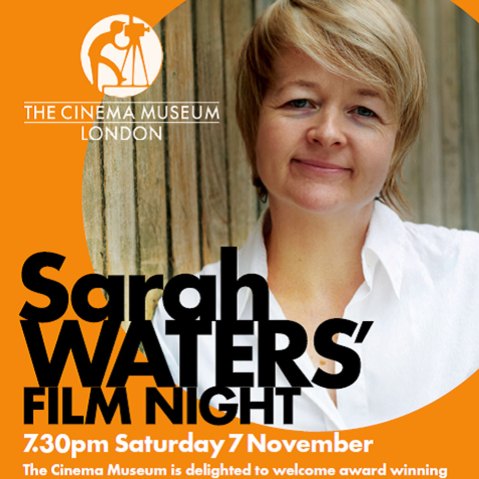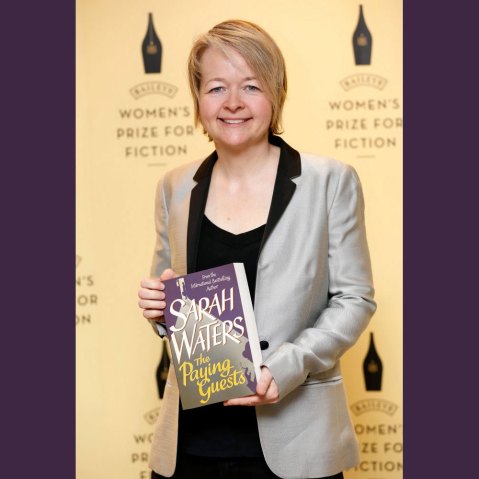Discover Sarah Waters’ London


Sarah Waters is passionate about London and that passion shows in her novels, where London figures as strongly as her characters. The Paying Guests is set in 1922 in south London and features many local landmarks. Below we’ve listed some of those that appear early on in the novel – including Champion Hill where it’s set – along with relevant extracts from the book.
Photos of these places are not always easy to find, but we’d love to see 1920s photos of these locations or others from the book such as: Walworth Road, of Horseferry Road, Strutton Ground, Clerkenwell, Lambeth Police Court, The Old Bailey, Blackfriars Bridge.
CHAMPION HILL
‘The grand houses opposite had a Sunday blankness to them – but then, they had that every day of the week. Around the corner there was a large hotel, and motor-cars and taxi-cabs occasionally came this way to and from it; sometimes people strolled up here as if to take the air. But Champion Hill on the whole, kept itself to itself. The gardens were large, the trees leafy. You would never know, she thought, that grubby Camberwell was just down there. You’d never guess that a mile or two north lay London, life, glamour, all that.’
GOLDEN DOMES CINEMA, DENMARK HILL
‘She had – what did she have? Little successes in the kitchen. The cigarette at the end of the day. Cinema with her mother on a Wednesday . . .
“I suppose we might have asked Mrs Barber to come along with us today.”
Her mother looked doubtful. “Mrs Barber? To the picture-house?”
“You’d rather we didn’t?”
. . .In any case, the programme that week was disappointing. The first few films were all right, but the drama was a dud, an American thriller with a plot full of holes. She and her mother slipped away before the final act, hoping not to draw the notice of the small orchestra – Mrs Wray saying, as she often did, what a pity it was that the pictures nowadays had so much unpleasantness in them.’
RUSKIN PARK
‘She and Mrs Barber settled on their destination – Ruskin Park, just down the hill, the most ordinary, small, unthrilling, neat and tidy place, with flower-beds and tennis courts and a stand for the band on Sundays . . .
The park had a charm today that she couldn’t recall it ever having had before. Its very neatness seemed appealing, everything in such perfect trim, the lawns clipped, the bed of gaudy flowers like icing piped on a cake . . .
They moved on at a livelier pace – making now for the band-stand, a quaint octagonal pavilion with a red tiled roof. They crossed the gravel, climbed the steps, and the wooden floor must have made Mrs Barber think of dancing: she went across it in the slow twirls of a graceful, unpartnered waltz.’
BRIXTON ROLLER SKATING RINK
‘She found herself at the colourful entrance to the Brixton Roller Skating Rink . . .
The building was huge, modern, charmless, like a giant church hall. The bunting that hung from the rafters was in faded Armistice colours, and the songs were mild old things from thirty or forty years before… It was still the school holidays, and children were darting like minnows, but there were courting couples too, and girls in pairs and groups, even the occasional game old lady… Every so often someone flailed like a windmill and went down, to cheers and hoots and sympathetic laughter; they’d pick themselves up, sheepish, hitting the chalk from their knees and behinds . . .
And in amongst them all glided Frances and Lillian, getting the hang of it, picking up speed . . . It was a lark, pure, childish.’
FRANCES’ JOURNEY FROM CAMBERWELL TO CENTRAL LONDON
‘She caught a bus as far as Vauxhall, and from there she crossed the river and wandered north, taking any street that caught her eye. She loved these walks through London. She seemed, as she made them, to become porous, to soak in detail after detail; or else like a battery, to become charged. .. She did her shopping at the market stalls of Strutton Ground, going from one stall to another before committing herself… She found a ‘cosy corner’ café and bought herself a hot lunch: eggs, chips, bread and butter, all for a shilling and sixpence, including a penny tip for the waitress.
There were no smart shops once she has crossed Oxford Circus. London made one its costume changes, like whipping off a cloak; it became a shabby muddle of pianola sellers, Italian grocers, boarding-houses, pubs. But she liked the names of the streets: Great Castle, Great Titchfield, Riding House, Ogle, Clipstone . . .’
It is 1922, and in a hushed south London villa life is about to be transformed, as genteel widow Mrs Wray and her discontented daughter, Frances, are obliged to take in lodgers. Lilian and Leonard Barber, a modern young couple of the 'clerk class', bring with them gramophone music, colour, fun - and dangerous desires. The most ordinary of lives, it seems, can explode into passion and drama . . . A love story that is also a crime story, this is vintage Sarah Waters.







